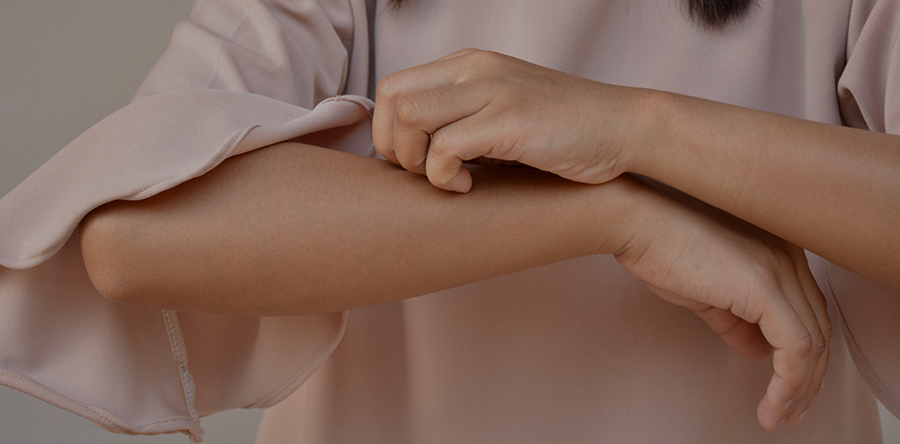A retrospective, observational study assessed 72 Latin American patients with chronic urticaria treated with omalizumab to evaluate patient-reported outcomes in management of their disease, as well as omalizumab effectiveness and treatment patterns in real-life setting.
Updated urticaria guidelines recommend that patients should be assessed for disease activity, severity, control and quality of life at baseline and follow-up.
Omalizumab is a guideline-recommended second-line alternative anti-IgE monoclonal antibody in case of antihistamine refractoriness. It has been shown to be effective in patients with chronic autoimmune urticaria who were symptomatic despite antihistamine therapy.
From the 72 participants, 44 (80,0%) responded to omalizumab at some point of the treatment. Omalizumab 300 mg was associated with earlier response compared to lower doses. Regardless of dosage, most participants improved quality of life. Fifteen participants interrupted omalizumab before the third month of treatment
In conclusion, most patients responded to the treatment and improved their quality of life at a lower dose than the 300 mg recommended by the guidelines and clinical trials.



